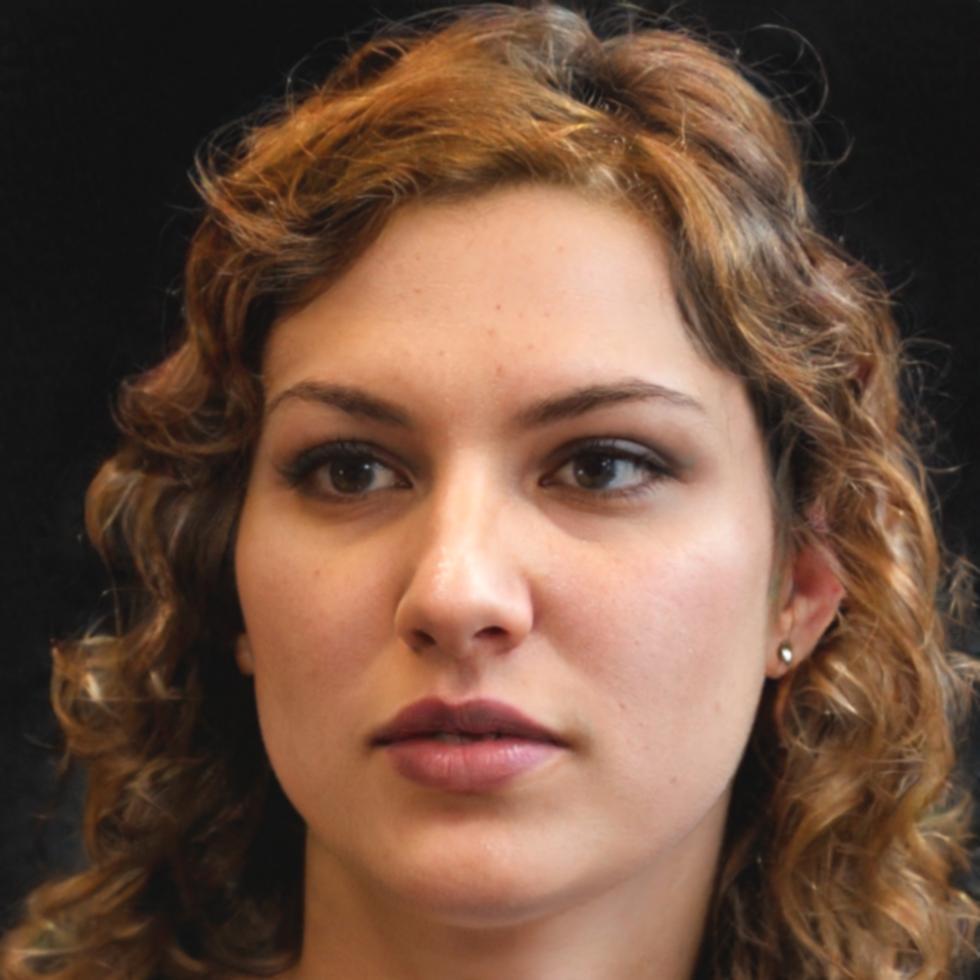How It Actually Works
The Freelancer's Dilemma
Sarah's income varies by 40% month to month. Traditional budgets left her stressed every low-income period. Now she uses a three-tier system — covering essentials in lean months while building reserves during good ones. Her irregular income became manageable rather than anxiety-inducing.
Family Emergency Preparedness
When Mark's son needed unexpected dental work, their old budget would have meant cutting groceries or missing mortgage payments. With flexible allocation methods, they redirected funds from three different areas without creating financial strain elsewhere.
Career Transition Planning
Lisa wanted to switch careers but couldn't figure out how to save for the transition. We helped her create a gradual reallocation system that built her career fund while maintaining her current lifestyle — no drastic cuts required.




